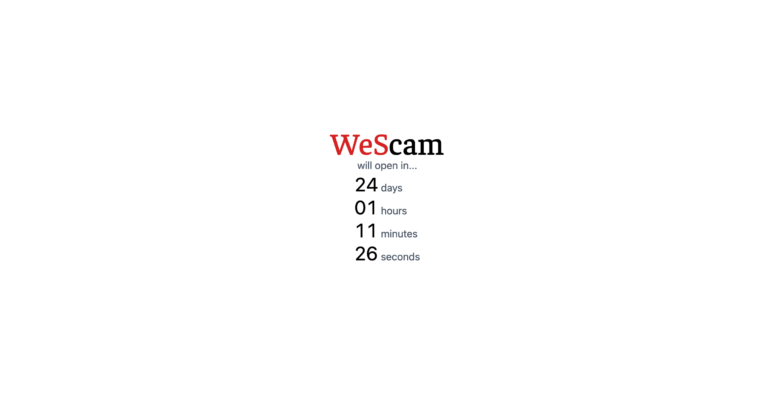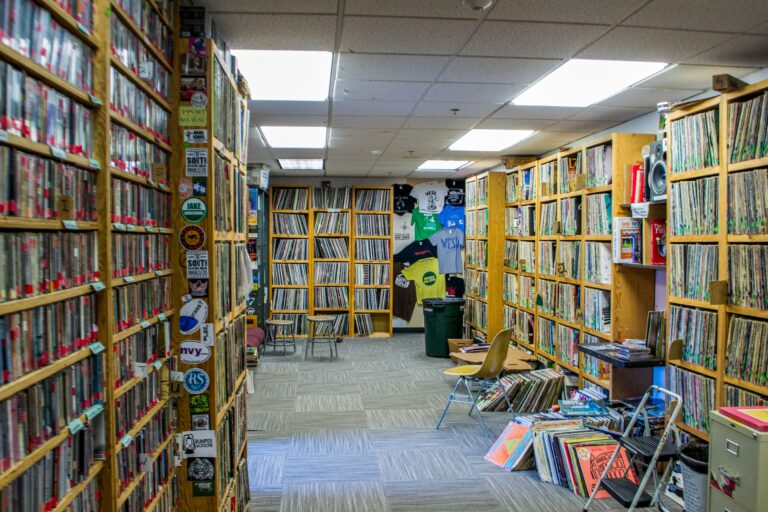Smells like green spirit: On paper
We use paper in so many forms: we write on it, we print on it, we wipe with it, we blow our noses into it, we read from it, we dry our hands on it. Our paper towels, until now, were made of un-recycled material and gleamed a brightly bleached white. Wesleyan has a contract with Kimberly-Clark this year, a company that is not Green Seal certified (a standard of cleaning product eco-friendliness), though it has some lines that are more environmentally sustainable. Kimberly-Clark offered the University free dispensers if it signed on with them.
That bright white color comes particularly from a chlorine bleaching process. The problem with chlorine is that the process of bleaching the wood pulp releases dioxins and other toxic pollutants. According to a website called “Conservatree” (www.conservatree.com), mills that use chlorine gas bleaching can produce about 35 tons of toxic pollutants (dioxin and others) per day.
So, Wesleyan purchasing took it up a notch. They bought brown paper towels that boast “elemental chlorine-free (ECF) bleaching” and have a “natural” tree color. Many companies in North America have begun phasing out elemental chlorine bleaching but this does not mean that chlorine is not used. This process is far better than using elemental chlorine, but a mill using ECF would produce about 7 tons of toxic pollutants from chlorine or chlorine derivatives. Other bleaching methods that are entirely chlorine-free have been around since the 1970s. These systems are far more sustainable because chlorine also has a corrosive effect on mill equipment. This practice cannot be even economically sensible. Why do mills continue to use the ECF system when it makes no sense for the environment or for their equipment?
Of course, the reason must be that they get customers: we buy their product and they continue to bait us with misleading labels like “elemental chlorine-free.” Their commitment to recycled material is good in this line, having 100 percent recovered materials (paper production waste products that may have never left the factory) and 60 percent post-consumer recycled waste (that is, what you put on the curb each week). For our paper towels, that’s great. (Of course, why we buy them at all, I don’t know, when there are those wonderful cloth roll hand-dryers around.) But what else does Kimberly-Clark sell? Should we support a company that continues to use only virgin wood pulp for some of their paper products and chlorine bleaching processes for even these eco-friendly paper towels?
Wesleyan University has shown its commitment to reevaluating its procurement to focus more on sustainability. The purchasing subcommittee of the Sustainability Advisory Group is working on creating standards for our University for buying all cleaning supplies. Physical Plant has recently switched to putting only biodegradable soaps in the soap dispensers in bathrooms. By the end of the summer, all cleaning supplies will need to be Green Seal certified to be bought by the University. The Kimberly-Clark contract ends in July and Physical Plant will reevaluate whether or not to continue Wesleyan’s business with them (though now we have all those nice, Kimberly-Clark containers…).
As a University, we set an example. The principle of buying environmentally friendly products, whether they are biodegradable soap or recycled paper or local food, is so important to adopt. Our culture may not shift its focus from consumerism, but we can make sure that what we do buy encourages an environmentalist attitude: one that puts the world over the wallet. So, maybe it’s time you took a look at the quantity and quality of the paper that you use. And, just so you know, the true, new style is the small hand towel hanging casually from the back pocket.







Leave a Reply